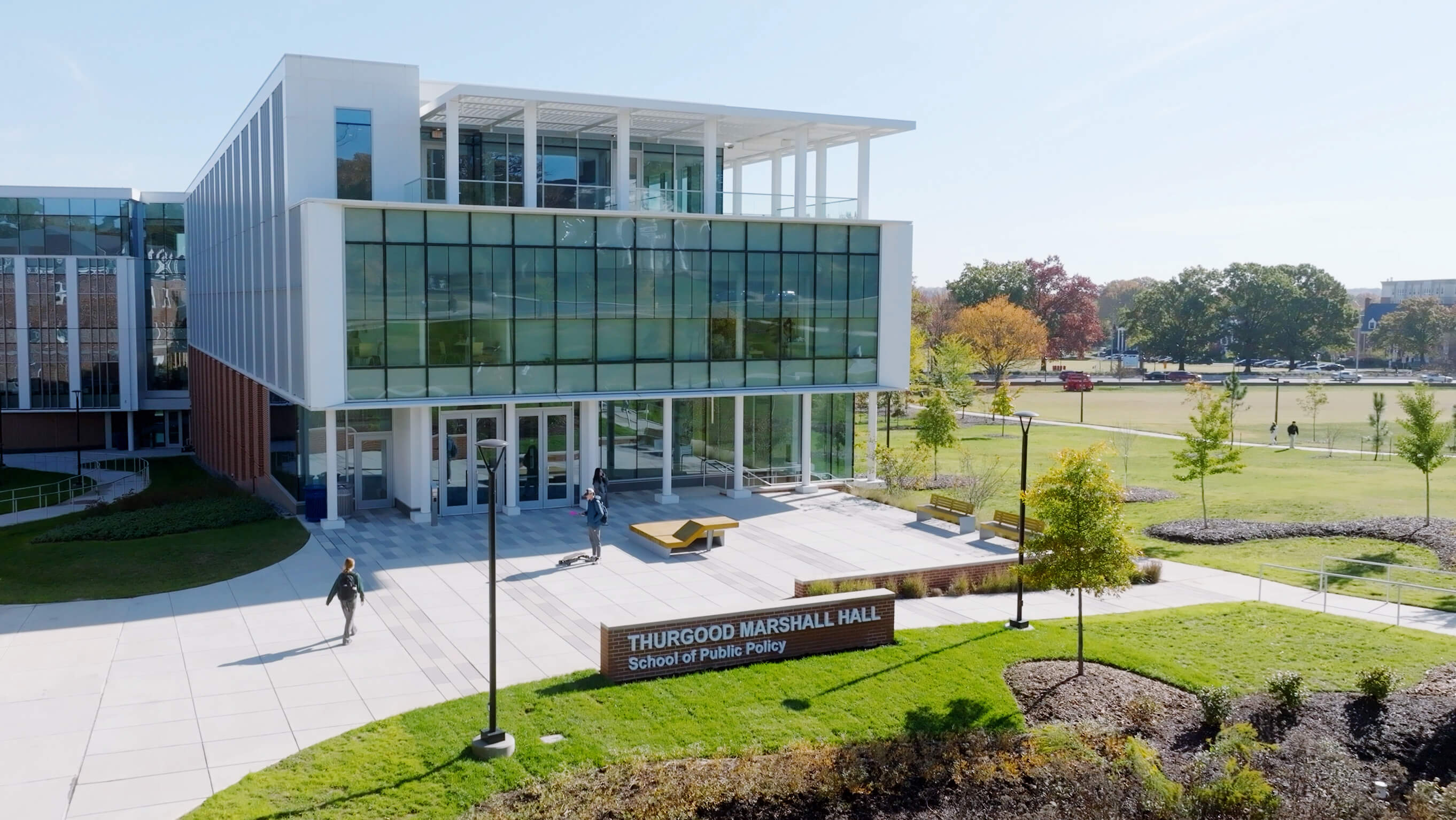
Michael Woldemariam joined the School of Public Policy and the Center for International and Security Studies at Maryland (CISSM) this past fall as an Associate Professor and Senior Fellow, respectively. Before joining the University of Maryland, Woldemariam spent several years at the Frederick S. Pardee School of Global Studies at Boston University.
What attracted you to come work at SPP?
There were several factors at play. Although trained as a political scientist, my research and teaching interests are increasingly interdisciplinary and policy oriented, inclinations that I felt sat at the heart of what SPP does. SPP also has a tremendous tradition in the field of international security, an impressive infrastructure for supporting faculty grants and research collaboration, and its proximity to Washington DC really facilitates opportunities for policy engagement. I also got the sense that SPP was an institution that is growing and innovating, and thus well positioned for future success. All in all, I thought it was a great intellectual and professional fit, and I haven’t been disappointed since my arrival in College Park.
Tell us about your educational and professional background?
My scholarly interests sit at the nexus of African studies and international security, with a particular focus on conflict and governance issues in East Africa. My interest in pursuing a career in academia began during my undergraduate years at Beloit College, where I graduated with a double major in political science and sociology. Subsequently, I decided to pursue a PhD in Politics at Princeton, where I completed concentrations in Comparative Politics, International Relations, and African Politics. My first job out of Princeton was as a faculty member at Boston University’s Pardee School of Global Studies, where I spent the next decade and concluded my tenure as the director of its African Studies Center. Along the way, I wrote and published a number of things, including a 2018 book that examined insurgent fragmentation in the Horn of Africa.
On the policy side, I served on the Democratic staff of the Senate Foreign Relations Committee in 2020-21, where I had an opportunity to advise on US policy toward Africa. That was great learning experience for someone that had spent virtually their entire career in the academy. I also routinely consult with a variety of international organizations on peace and security issues in Africa.
What is your current research focused on?
I am working on a number of different projects, but my main efforts are aimed at completing two books. The first is a collaboration with the historian Alden Young (UCLA) and explores the variety of post-secession state-building experiments in the Horn of Africa since the end of the Cold War. The second is about the politics of strategic maritime corridors, with a focus on the Red Sea and Gulf of Aden.
What do you hope to achieve in the near-term now that you're settled in at SPP?
Beyond bringing several ongoing projects to completion, I hope to win grants that support new streams of research at CISSM, particularly around themes related to peace and security in Africa and US policy toward the continent. In terms of teaching, I’m taking up two new courses—Social Identity and Pluralism in Public Policy and a conflict resolution course—that I am really excited about. I also welcome new collaborations with students, faculty, and staff, and plan to do my share to advance the mission and success of SPP and CISSM.
Tell us a little bit about your life outside of work?
My wife and I have two small kids, so most of my time outside of work is spent parenting. I’m also a big college hoops fan, and follow the Big Ten particularly closely. I’m looking forward to regularly catching games at the Xfinity Center.



